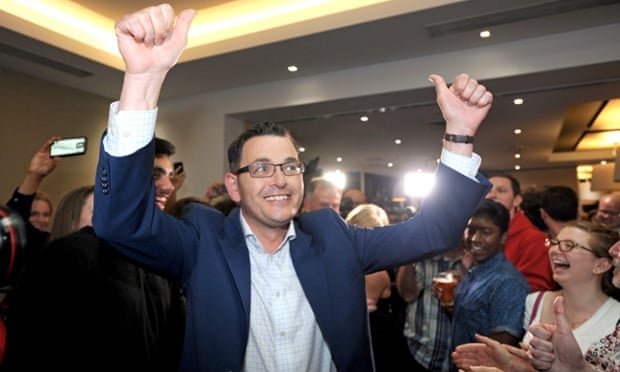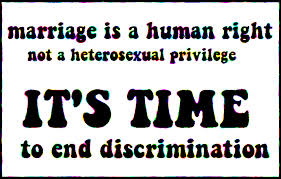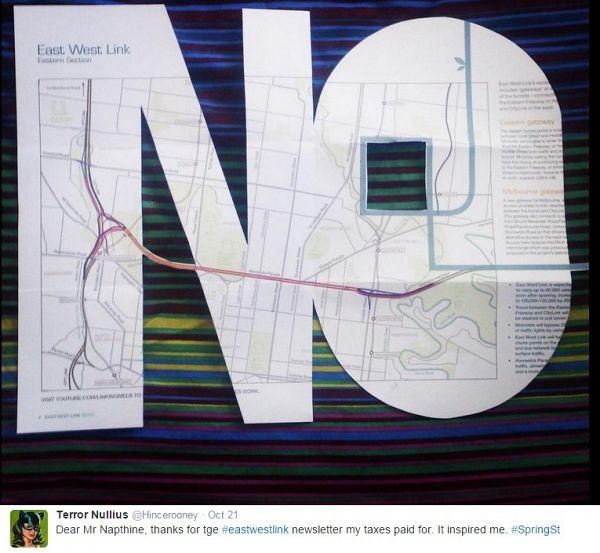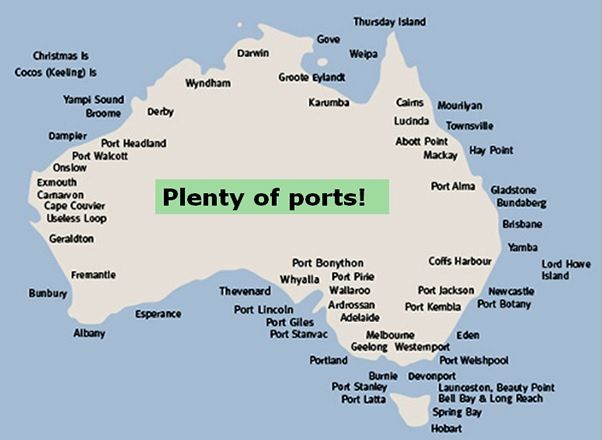Federal MPs play down prime minister’s influence on Coalition defeat as former Labor and Liberal premiers unleash vitriol

Victorian Labor party leader Daniel Andrews celebrates his win on
Saturday night. Federal MPs have played down claims that the election
result was a repudiation of Abbott’s unpopular budget policies.
Photograph: Joe Castro/AAP Image
Former Labor and Liberal premiers of Victoria have said Tony Abbott
had a “toxic” effect in the state election, but federal ministers have
sought to play down the prime minister’s influence in the Coalition’s
defeat.
The federal opposition leader, Bill Shorten,
seized on Victorian Labor’s victory on Saturday, saying the defeat of
the state’s first one-term government since the 1950s was a repudiation
of Abbott’s unpopular budget policies.
“There is no doubt Victorians used this election to send Tony Abbott a
clear message – no GP tax, no $100,000 degrees and no cuts to schools
and hospitals, and no more lies,” Shorten said.
The
former Victorian Liberal premier Jeff Kennett argued Abbott had been a
major factor in the defeat of Denis Napthine’s government.
Kennett described the federal government’s domestic policies as a
“shambles” and said Napthine “never called Tony Abbott to account” for
“putting tax on him after tax on him”.
The former Labor premier Steve Bracks said while he did not want to
overstate the federal factor in Daniel Andrews’ election victory, there
was “no doubt” Abbott’s budget measures had a toxic effect in Victoria.
Bracks said people he spoke to on the campaign trail “actually thought the [Medicare] co-payment was already in” effect.
“Tony Abbott is sort of almost like a martian here in Victoria. No one can relate to him. He is toxic,” he told Sky News.
“Tony Abbott does not resonate in Victoria. The wedge politics he plays don’t work in this state at all.”
Bracks said the Liberals knew Abbott had this effect because the prime minister rarely visited during the campaign.
But the federal trade minister, Andrew Robb, said he did not accept
the Abbott government had a big influence on the result, while
conceding: “We have to always look at if there are lessons”.
“Of course, we will be realistic,” Robb told the ABC’s Insiders program.
“We will have a look at the implications but, clearly, from my
experience and observation, this was a state election overwhelmingly
fought on state issues.”
had a “toxic” effect in the state election, but federal ministers have
sought to play down the prime minister’s influence in the Coalition’s
defeat.
The federal opposition leader, Bill Shorten,
seized on Victorian Labor’s victory on Saturday, saying the defeat of
the state’s first one-term government since the 1950s was a repudiation
of Abbott’s unpopular budget policies.
“There is no doubt Victorians used this election to send Tony Abbott a
clear message – no GP tax, no $100,000 degrees and no cuts to schools
and hospitals, and no more lies,” Shorten said.
Advertisement
former Victorian Liberal premier Jeff Kennett argued Abbott had been a
major factor in the defeat of Denis Napthine’s government.
Kennett described the federal government’s domestic policies as a
“shambles” and said Napthine “never called Tony Abbott to account” for
“putting tax on him after tax on him”.
The former Labor premier Steve Bracks said while he did not want to
overstate the federal factor in Daniel Andrews’ election victory, there
was “no doubt” Abbott’s budget measures had a toxic effect in Victoria.
Bracks said people he spoke to on the campaign trail “actually thought the [Medicare] co-payment was already in” effect.
“Tony Abbott is sort of almost like a martian here in Victoria. No one can relate to him. He is toxic,” he told Sky News.
“Tony Abbott does not resonate in Victoria. The wedge politics he plays don’t work in this state at all.”
Bracks said the Liberals knew Abbott had this effect because the prime minister rarely visited during the campaign.
But the federal trade minister, Andrew Robb, said he did not accept
the Abbott government had a big influence on the result, while
conceding: “We have to always look at if there are lessons”.
“Of course, we will be realistic,” Robb told the ABC’s Insiders program.
“We will have a look at the implications but, clearly, from my
experience and observation, this was a state election overwhelmingly
fought on state issues.”












